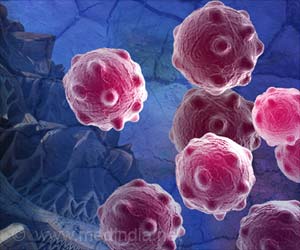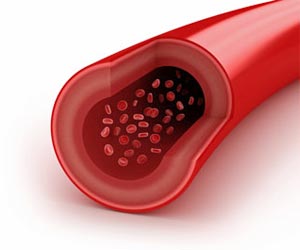The novel FZD-antagonizing mechanism exploited by toxin B could be used to turn this deadly toxin into a potential pharmacological tool for research and therapeutic applications.

‘Study could pave the way for new C. diff antitoxins and also show potential for the development of novel anti-cancer drugs.’





"This toxin is indeed very smart. It takes advantage of an important lipid that FZD uses for its own function, to improve its binding affinity and specificity to FZD," said Jin, "However, the need for this lipid also exposes a vulnerability of TcdB that could be exploited to develop antitoxins that block toxin-receptor recognition." Jin and Dong believe that the novel FZD-antagonizing mechanism exploited by toxin B could be used to turn this deadly toxin into a potential pharmacological tool for research and therapeutic applications, including anti-cancer drugs.
The team's preliminary data show that a non-toxic fragment of TcdB that they identified could significantly inhibit the growth of some cancer cells with dysregulation in Wnt signaling. A patent application has been filed.
Clostridium difficile, also called "C. diff," causes severe gastrointestinal tract infections and tops the Center for Disease Control and Prevention's list of urgent drug-resistant threats. Clostridium difficile infection has become the most common cause of antibiotic-associated diarrhea and gastroenteritis-associated death in developed countries, accounting for half-million cases and 29,000 deaths annually in the United States. It is classified as one of the top three "urgent threats" by the CDC.
Advertisement











